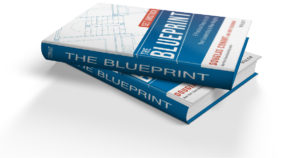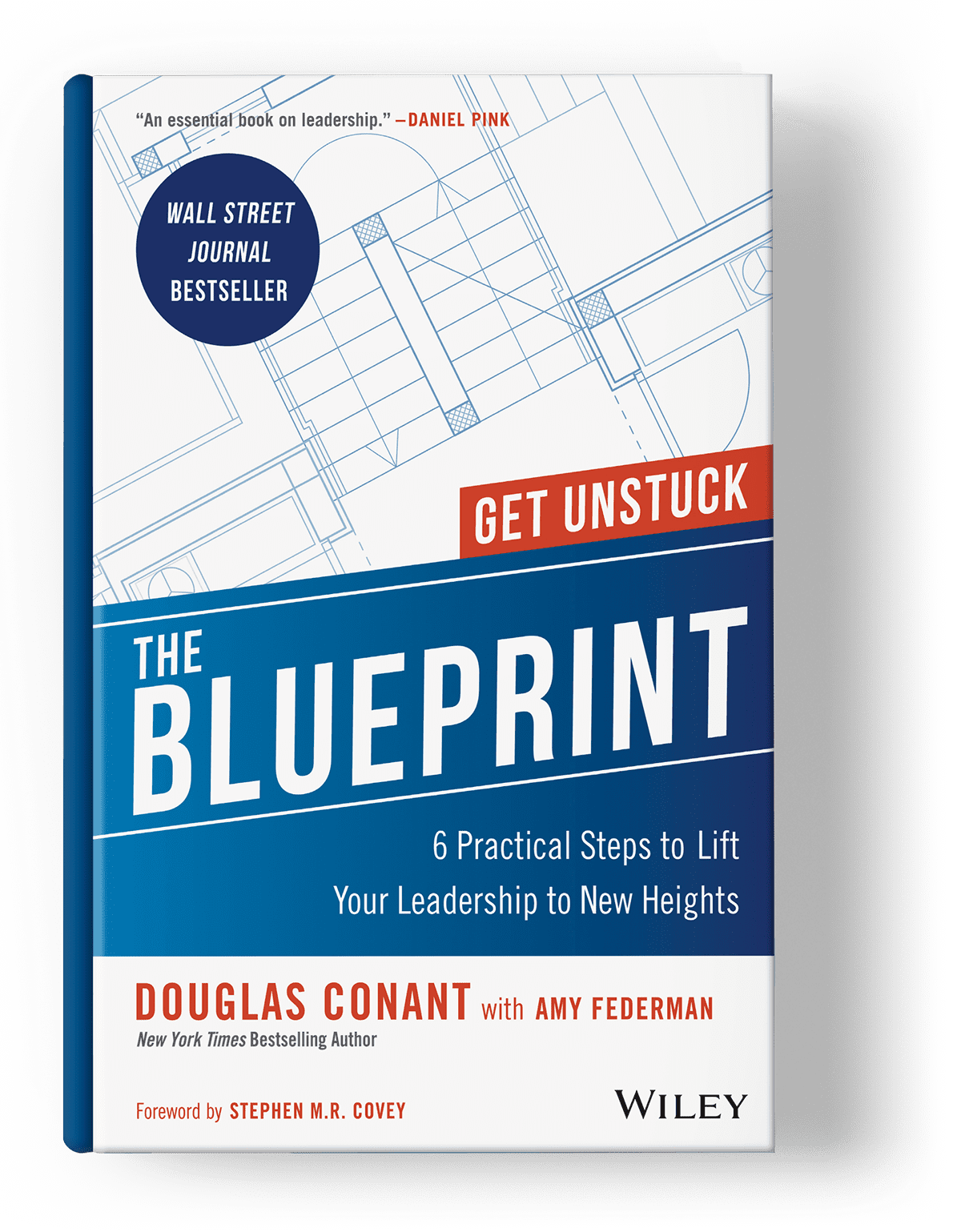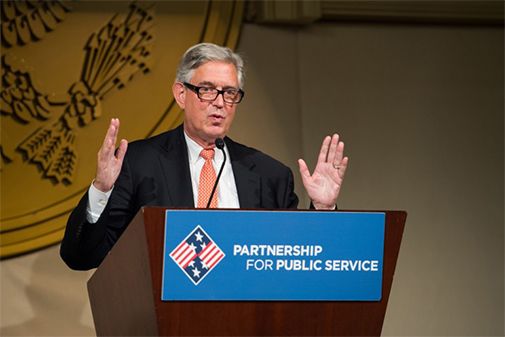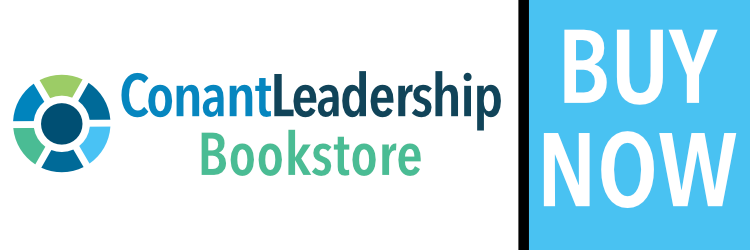The Best Leadership Links to Read Right Now
Today we dispatched the June 2020 edition of our Leadership That Works Newsletter, a curated digest of of the best leadership links to read right now from around the web, sent at the end of each month. In this month’s best leadership links to read right now: Building a racially just workplace, the burnout myth, inclusion matters, the future of work, and more. As always, we’re sharing the articles from our newsletter here in case you’re not subscribed to our mailing list. If you find these links enriching, you can sign up to receive our newsletter here.
How to Build a Racially Just Workplace
Although the business case for hiring and advancing African Americans in the workforce has been proven repeatedly, they still face “obstacles to advancement that other minorities and women do not,” explain the authors of this comprehensive and highly actionable article in Harvard Business Review. Black employees are, according to quantitative and qualitative data, “less likely than their white peers to be hired, developed, and promoted. And their lived experience at work is demonstrably worse even than that of other people of color.” What’s more, even companies who have publicly committed to promoting inclusion are falling very short. “If leaders want to walk their talk, they must spearhead more meaningful change,” and work even harder to stop “undervaluing and squandering Black talent.”
Fortunately, the authors in their extensive research, and work with leading management thinkers, have arrived at a four-step roadmap to help companies move toward better representation for Black leaders. And this thoughtful and thorough framework can also be adapted for other marginalized groups. The first step to transforming your workplace and recalibrating towards racial justice? Evolve forward from a business case for racial diversity to a moral case. Read, engage with, and explore the authors full recommendations here. Then work to implement them.
The Future of Work
There has been a lot of uncertainty caused by the COVID-19 pandemic but one thing is certain, writes the author of this Fast Company piece: “The future of work will never be the same.” This post identifies four primary ways work is poised to change—fundamentally and forever—including more flexible work-from-home schedules, less email, better software, and more. Explore the full analysis here.
**For more on the future of work, register for our free virtual town hall on the topic here.
Inclusion Matters
| In a comprehensive diversity and inclusion report released by McKinsey last month (and in many reports that preceded it), the business case for diversity is clearer and stronger than ever. But one vital insight revealed in the findings, and covered in this astute Forbes piece, is that, “diversity does not equal inclusion.” The report states, “even where companies are more diverse,” many are unable to create work environments that “promote inclusive leadership and accountability among managers, equality and fairness of opportunity, and openness and freedom from bias and discrimination.” A more diverse workforce is crucial but alone does not guarantee inclusion and equity. Leaders should asses “policies, practices, and procedures” to improve on this front. Read the full post here. |
Your Org Needs ‘Emotional Antibodies’
As businesses and governments continually mobilize their response to COVID-19, much of the focus has been on ensuring the effectiveness of systems and stabilizing the health of the workforce—all worthy and urgent. But the authors of this Strategy+Business article say that one critical success factor may be getting overlooked: the emotional health of the organization; to cope in this new environment teams will need to build a reserve of “emotional antibodies.” How to do it? “People’s individual and collective feelings are the most powerful source of energy that exists in an organization — for good and bad.” The key to harnessing this energy positively is to enlist “Authentic Informal Leaders (AILs)” in transforming the emotional pulse. AILs may not have formal titles or authority but they have superior “emotional sensing and energizing capabilities,” and they can influence the entire organization in the right direction. Learn more about identifying and leveraging AILs in the full post here.
From ‘Pet’ to ‘Threat’
First your boss loves you. Then they turn hostile. This dynamic plays out in a workplace phenomenon known as “pet to threat,” a term coined in 2013 by Kecia M. Thomas, an associate dean at University of Georgia, and discussed by the author of this must-read ZORA post. The “pet to threat” transition can be observed when women, typically Black women, are embraced until they begin excelling and showing confidence, which is when they begin to be perceived as a threat to employers. In the “pet” phase, women often report feelings of “tokenism, invisibility, pressure to assimilate, mistreatment, and being overprotected.” In the “threat” phase, Black women experience microaggressions, punishment for challenging the status quo, and can be ostracized by colleagues. Are you experiencing this dynamic? Read the full post here for analysis and advice.
The Burnout Myth
76% of employees experience burnout at work. The popular assumption is that overwork is the largest cause of burnout. But in Gallup’s recent report on burnout, covered in this data-rich article, the prevailing belief that overtime causes burnout is revealed to be mostly myth. The actual top predictor of burnout? Being unfairly treated at work. This factor, combined with other issues stemming from managers—like an unmanageable workload, poor communication, and lack of support—reveals that leaders hold the power to reduce and mitigate burnout on their teams. Explore the full report here.
How Are Brands Responding to the Black Lives Matter Movement?
Curious how a particular brand has responded to racial injustice and the movement for Black lives? AdAge is tracking the responses and is regularly updating this live blog roll with the latest moves of marketers, media companies, agencies, and prominent brands (like Nike, McDonalds, Doritos, and many more), as they take a stand against racism. Bookmark this page and use it as a resource for the foreseeable future.
Keep Morale High—Remotely
Even as businesses begin to trickle back open and the engines of commerce begin once again to sputter into a steady hum, remote work shows no signs of going anywhere. Overnight, at-home work became ubiquitous and now it’s here to stay. So how can leaders keep high morale and productivity in our new paradigm? The CEO of Place Technology has 5 key ideas, shared in this Minutes post, for helping you and your team members thrive. One core principle is “Encourage not working all the time.” Taking mental breaks can energize people in the long run. Read all five tips here.
Have Better Workplace Conversations about Race
| “Even well-intended workplace conversations about combating racism have plenty of opportunity to go awry,” says this helpful Quartz article. But these conversations must take place to reckon with how internal systems and cultures “may be perpetuating economic injustice and racial bias.” So how to ensure these crucial dialogues are meaningful and productive? There are seven helpful tips compiled here from organizational experts about how to get it right. The top tip? Make sure you have a “clear goal” for the conversation. Discussions about racial justice are more likely to go well when they have “a clearly defined purpose.” Explore all seven tips here. **For more on this, read our three guiding principles for managing remote teams. |
Recent Posts & Insights from ConantLeadership
Leadership That Works for Who?
At ConantLeadership our mission is “championing leadership that works in the 21st century.” The recent killing of George Floyd, the outcry of pain and mourning in response to this senseless racism—and the countless similar injustices that preceded it in Kentucky, Georgia, and across the country—call us to reflect on the question, “leadership that works for who?” It’s clear that for too long, leaders and the systems they represent have worked disproportionately for some people at the expense of others, in this and many other cases at the deadly expense of the Black community and, more broadly, communities of color. That must change. Truly effective leadership must work for everybody. Read ConantLeadership’s full statement here.
Support The Urban League of Philadelphia
Support the Equal Justice Initiative
Courage Is the ‘Mother Skill’
Successful leadership requires many outstanding traits—but courage is the “mother” attribute. Without it, all else fails. In this excerpt, published in Chief Executive, from Doug Conant’s Wall Street Journal bestselling book, The Blueprint, courage is explored as a leadership skill that can be practiced, cultivated, and grown like any other competency. Explore the full excerpt here.
How Is More Important Than What
In a recent free town hall on the topic of “leading through crisis” ConantLeadership Founder Doug Conant imparted 5 fundamentals of effective crisis leadership. One of the core principles he shares is the idea that “how” matters more than “what.” Because there is “unprecedented uncertainty on all dimensions . . . it’s hard to determine what needs to be done because the what keeps changing.” But what leaders can and should do is “determine a process for how you will be managing the what, day-to-day.” You must, at the least, “create certainty about how things are getting done.” Fully explore this, and the other four fundamentals, here.
Enjoyed these links? Explore our suite of leadership resources here, register for our free virtual town on July 21st here, engage with posts about leading through crisis here, or join our mailing list here.
“The Blueprint is a rare offering with perfect timing.” –
Amy Edmondson, Novartis Professor of Leadership and Management at Harvard Business School

Doug Conant’s new book, The Blueprint: 6 Practical Steps to Lift Your Leadership to New Heights, is available now.
(Header Photo by Wilhelm Gunkel on Unsplash)

“Doug Conant is remarkable—and so is this work.“
– Stephen M. R. Covey
Author of The Speed of Trust

The Blueprint
6 Practical Steps to Lift Your Leadership to New Heights
By Douglas Conant with Amy Federman

Have Doug Speak at Your Event
Doug works collaboratively with event organizers to customize his material for each audience.



0 Comments